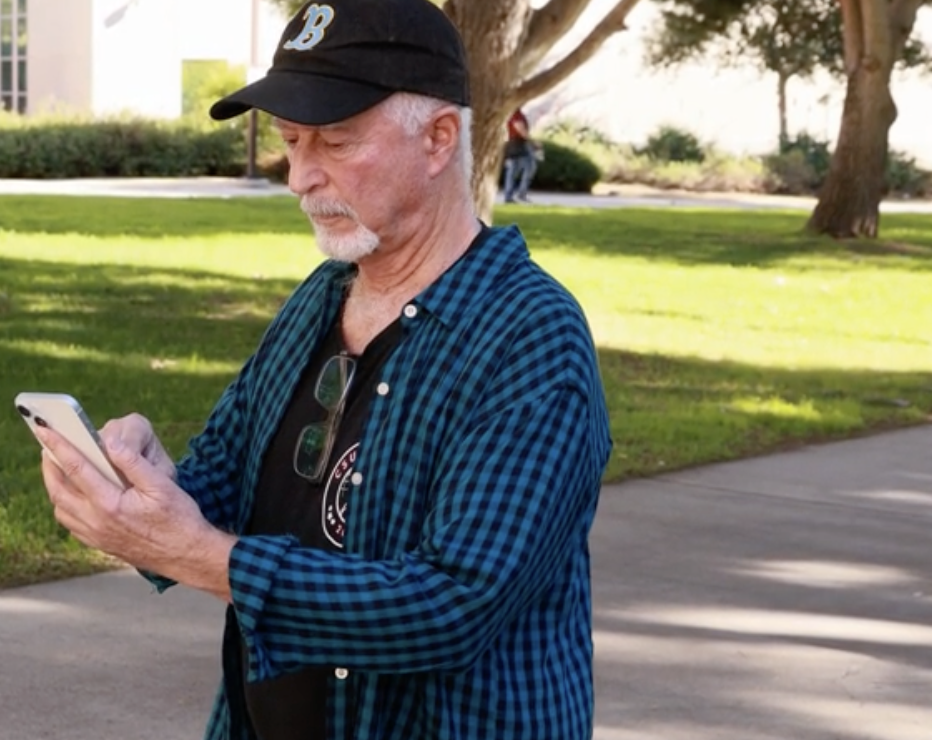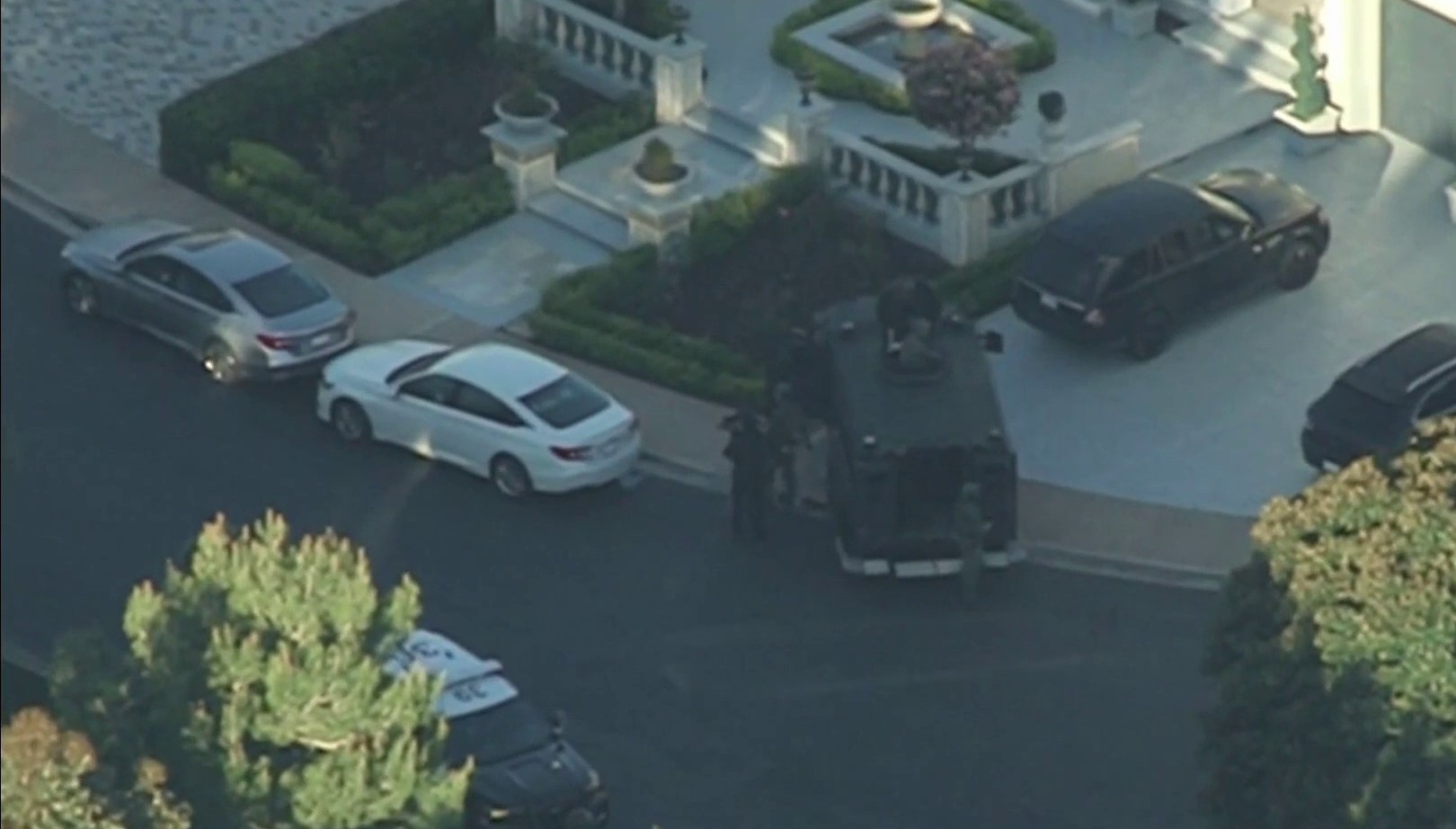What to Know
- Four human West Nile virus infections have been reported in Riverside County so far this year.
- Those at greatest risk include seniors and individuals with compromised immune systems.
- An agency spokeswoman recommended that residents stay indoors and keep windows closed until at least 15 minutes after the operations end.
Riverside County vector control officials will be conducting anti-mosquito spraying next week in Moreno Valley and Nuevo to eradicate growing infestations that pose a potential risk to public health.
The Department of Environmental Health has scheduled "ultra-low volume" insecticide spraying throughout a 220-acre space in Nuevo Tuesday, between 5 a.m. and 7 a.m.
According to agency spokeswoman Dottie Merki, mosquitoes recently trapped in the area have tested positive for West Nile virus, and suppression operations are needed to contain the threat.
Spraying operations are set around a 50-acre space in the vicinity of Mystic Field, bounded by Reservoir Avenue to the north, Lakeview Avenue to the south, Orange Street to the east, and Magnolia Avenue to the west. The rest of the spraying will occur over a larger area bordered by Ninth Street to the north, 10th Street to the south, Yucca Avenue to the east and Reservoir to the west.
The next operation is scheduled from 4 a.m. to 6 a.m. Wednesday in Moreno Valley, covering roughly 270 acres, between Cactus Avenue to the north, JFK Drive to the south, Moreno Beach Boulevard to the east and Nason Street to the west. Mosquitoes netted in the area have tested positive for both WNV and St. Louis encephalitis, officials said.
Anti-mosquito spraying involves the use of chemicals approved by the U.S. Environmental Protection Agency. Pesticides are emitted as a mist dispersed from machines anchored in the backs of pickup trucks.
News
Top news of the day
Merki recommended that during operations, residents stay indoors and keep windows closed until at least 15 minutes after the trucks have departed.
Four human West Nile virus infections have been reported in Riverside County so far this year. Statewide, 89 WNV infections have been recorded, two of which were fatal, according to the California Department of Public Health.
An online map showing West Nile hotspots countywide is available here: http://www.rivcoph.org/Home/WestNileMap.aspx .
Mosquitoes typically become carriers of the virus after feeding on an infected bird and can then spread the potentially lethal strain to animals and humans. Those at greatest risk include seniors and individuals with compromised immune systems.
Symptoms may never materialize, but can include fever, headache, nausea, body aches, skin rashes and swollen lymph nodes.
Mosquito season in Southern California generally spans May to October. To reduce exposure to mosquitoes carrying WNV, yellow fever, Zika and other diseases, residents are urged to:
- spend as little time as possible outdoors at dawn or dusk, when mosquitoes are generally on the move;
- wear pants and long-sleeved shirts during outdoor activity;
- use insect repellent;
- ensure door and window screens are fitted properly to keep bugs out; and
- get rid of standing water, aside from pools properly treated with chemicals.
Anyone with concerns should contact the Department of Environmental Health at 951-766-9454.



